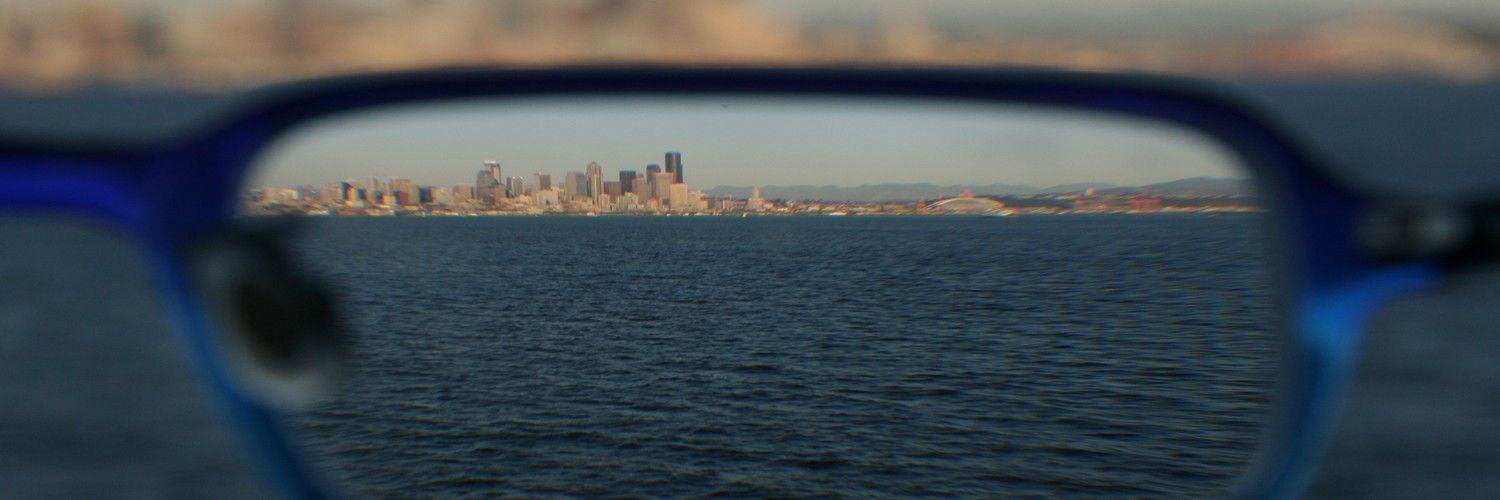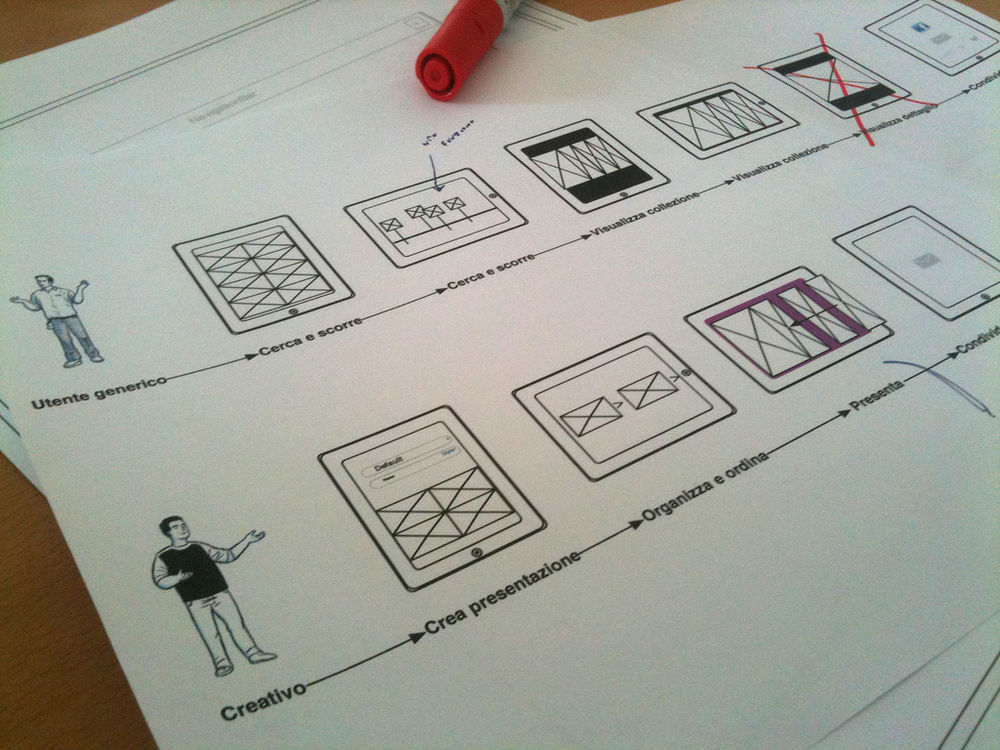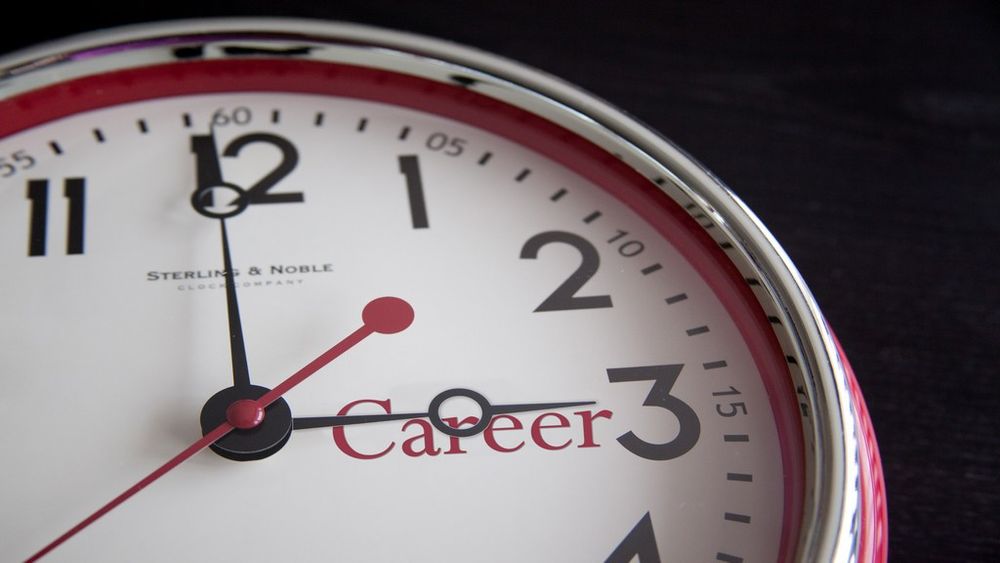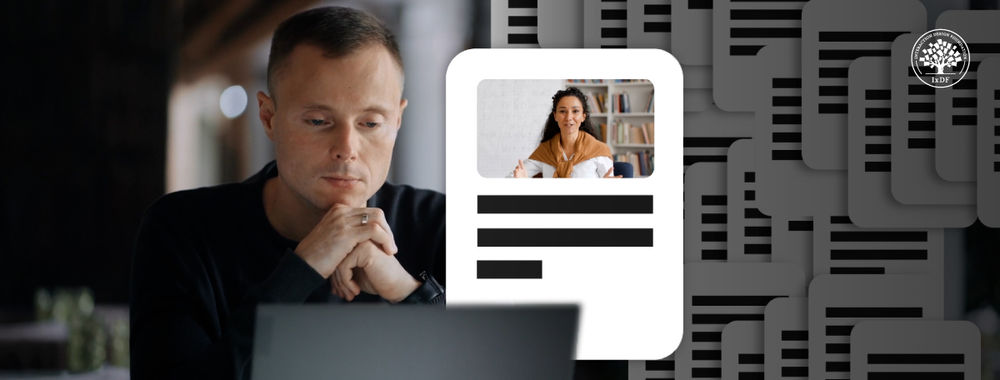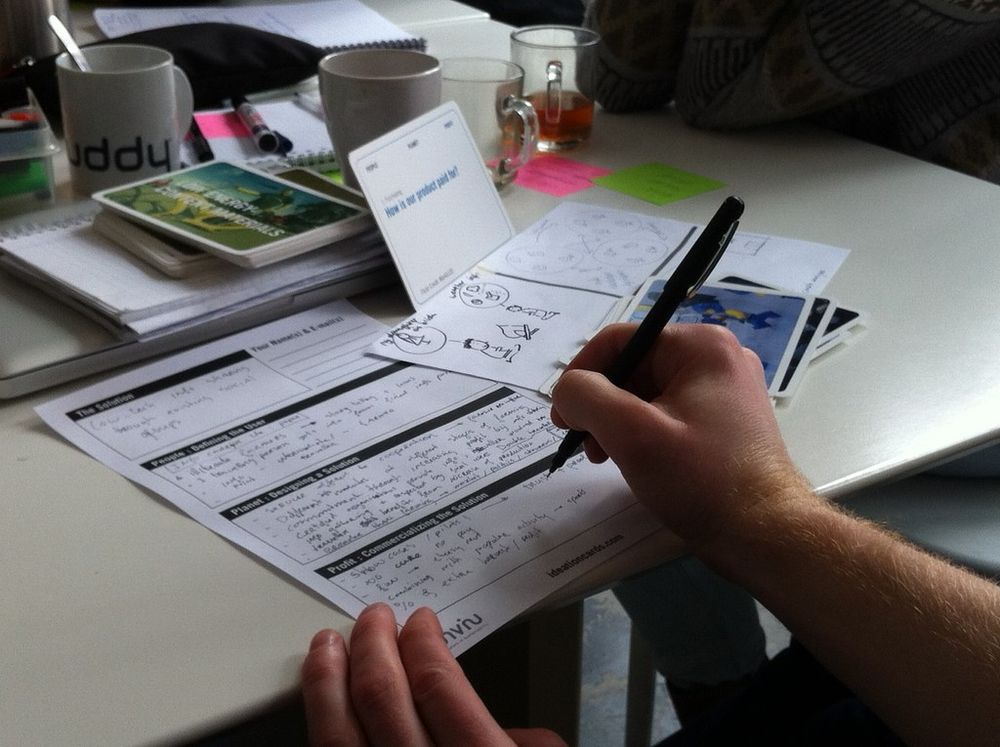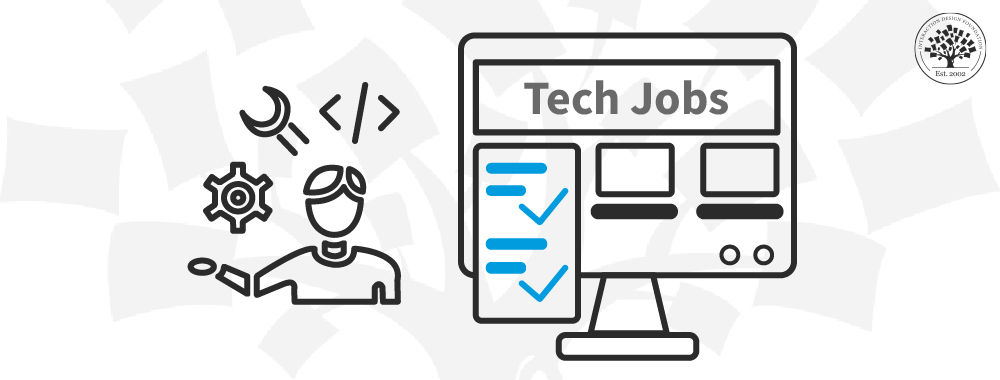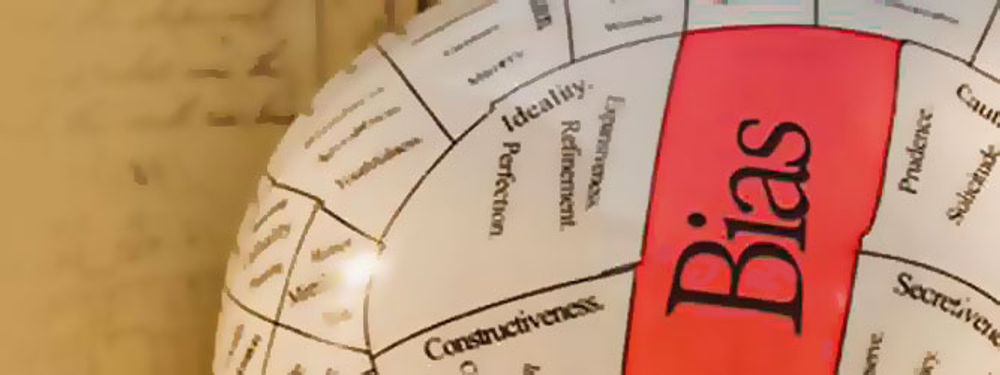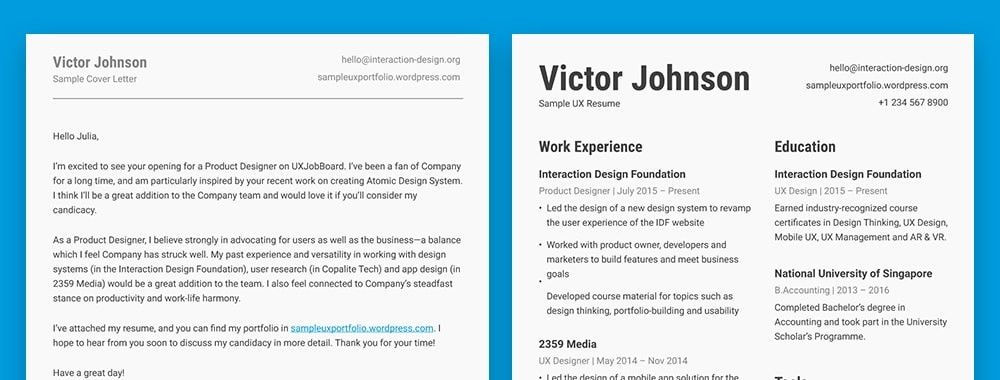There’s a good reason that financial advisers tell us “past performance is no guarantee of future returns”. The focusing effect is a cognitive bias that causes us to attribute too much weight to events of the past and translate them into future expectations. Knowing how to handle the focusing effect can improve our decision making process not just in our designs but throughout life.

Author/Copyright holder: Ann64 . Copyright terms and licence: CC BY-SA 2.0
We learn by experience. When we touch a hot stove and burn our fingers; we learn that it’s not a good idea to do it again. From the earliest age we operate on feedback driven learning – when we do something well, we learn to do it again and when we do something badly, we learn to do it differently or not to do it at all.
This is a very sensible way of classifying data. It reduces decision making time and lets us refer to past incidents to predict future outcomes. Unfortunately, as our financial advisers know – this isn’t always the right way to look at life.
The Focusing Effect
A cognitive bias occurs when there’s a saving to be made in terms of processing in our brains. The focusing effect operates on exactly the same principle. The idea is simple; when something goes wrong or well – we can attribute an action to that outcome and modify our behaviour to do more of that action, to change it or to avoid it.
This saves a ton of time in terms of thinking and processing. No need for a complex examination of the circumstances – that did/didn’t work.
Yet, there’s a problem with thinking like this. Many outcomes are complicated. They don’t depend on a single action (or inaction) for the end result.
For example; if you were to be fired from your job on the day that you had an argument with a manager – you could assume that arguing a point with your manager was the reason you were fired. This might be true if the argument was ferocious enough to deteriorate into rudeness or abuse but in many cases; it’s more likely that this was the final action in a long series of actions that led to your being fired.

Author/Copyright holder: Unknown. Copyright terms and licence: Unknown
Most managers don’t fire people for disagreeing with them. They fire them for long-term behavioural or performance issues when they become so severe that they no longer believe that they can work effectively with someone.
The focusing effect would have you concentrate all your energy on avoiding arguing with your manager. Unfortunately, there are a lot of good reasons – particularly in UX design – to argue in favour of users or your results even when that conflicts with your manager. By placing all the emphasis on “not arguing with your manager” there are two possible problems that will arise:
You will do your job less effectively. While heated/screaming arguments are a bad idea – arguing the evidence is what you’re there for.
You will continue to repeat all the other behaviours that led to you being fired the last time round. Sure, you’ve learned something from the previous incident but did you learn the right thing? Is it possible that poor work, bad timekeeping, poor presentation, etc. contributed to the manager letting you go?
It’s also worth noting that the focusing effect can go in the opposite direction too. We can attribute the single action to a highly positive outcome and make an erroneous association there too. So for example, you give your boss a gift on their birthday; they then call you into their office an hour later and promote you. Connecting the gift giving to the promotion is a poor choice. Bosses generally don’t promote people for a present.
The focusing effect was theorized by psychologist Daniel Kahneman et al. as a result of their research into behavioural economics. It is discussed at length in their work “Would you be happier if you were richer? A focusing Illusion.”
How To Tackle the Focusing Effect
It can be difficult to recognize when we’re falling victim to the focusing effect but it’s most likely to occur when you’re feeling particularly obstinate about a choice of action. If you find yourself thinking; “I’m not going to do that because it…” then there’s a chance that it’s the focusing effect in play.

Author/Copyright holder:Laurie Wilson.Copyright terms and licence:CC BY-SA 2.0
The easiest way to handle it is to start asking yourself questions. “What happened last time I did that?” “Is it reasonable to assume that that single action caused that outcome?” “If not, what else might have contributed to that outcome?” “How many other factors were in play?”
Once you can put the action into perspective with a series of other actions – it’s likely that you can develop a sense of perspective overall. That doesn’t mean that you have to repeat the action but you may be able to answer the question; “What’s the worst that can happen?” and find that the potential consequences aren’t as dramatic as you may have first thought.
If you find this kind of introspection a little awkward to handle; it can help to work with a coach to handle cognitive biases. A coach adds an independent perspective and can help you “drill deep” enough into an issue to develop your understanding of that issue.
The Take Away
The focusing effect is a difficult bias to avoid. It’s part of the fundamental way that the human brain operates – learning from experience. The trouble comes when we place too much emphasis on a single action without seeing that action in the context of other actions.
Placing your hand on an electric cable is likely to result in a shock. It’s a pure cause-effect situation. But most other situations in life are more nuanced and it’s likely that most outcomes will have many contributing causes; being able to identify these causes will help you decide whether an action should be tried again or not.
References & Where to Learn More:
Examine the evidence for the focusing effect in more detail and see how it leads to wrong decisions.
See the focusing effect and how it impacts organizations.
Kanheman et al. published "Would you be happier if you were richer? A focusing illusion" Give it a read. (2006-06-30). (PDF). Science 312 (5782): 1908–10
Hero Image: Author/Copyright holder: Hackfish. Copyright terms and licence: CC BY-SA 3.0
